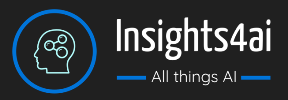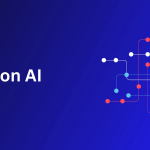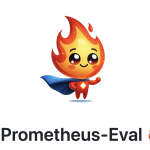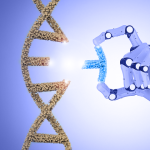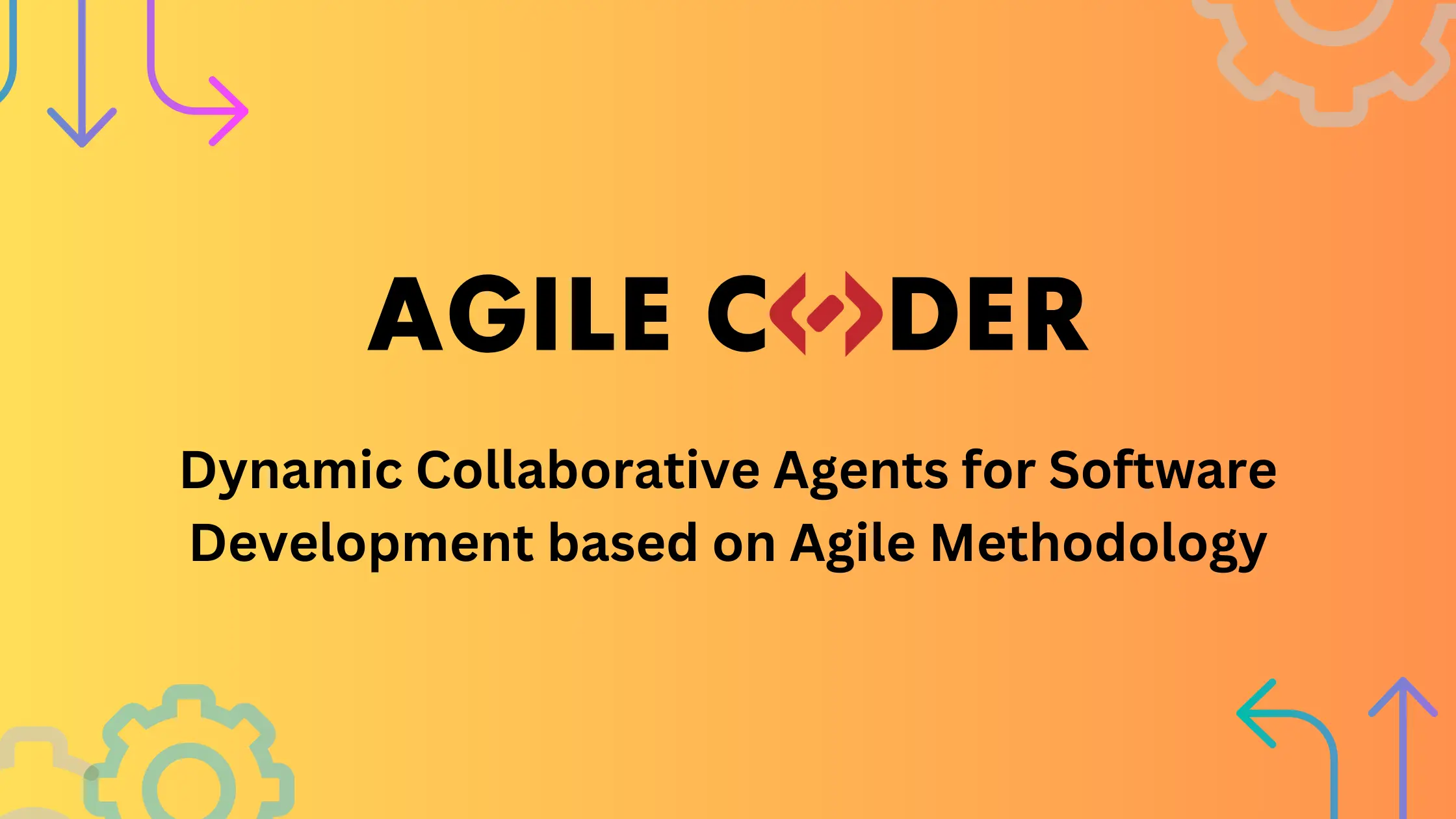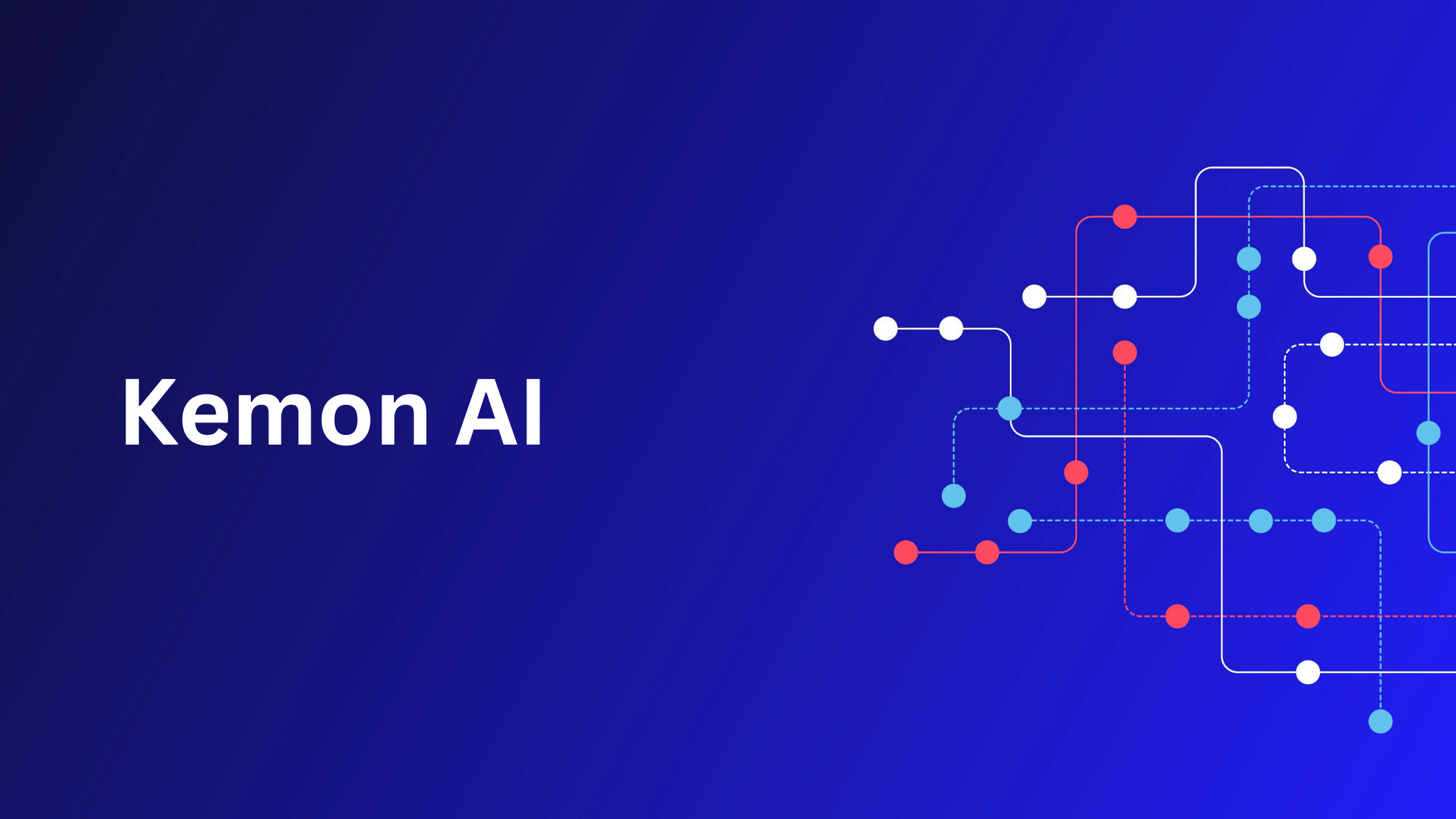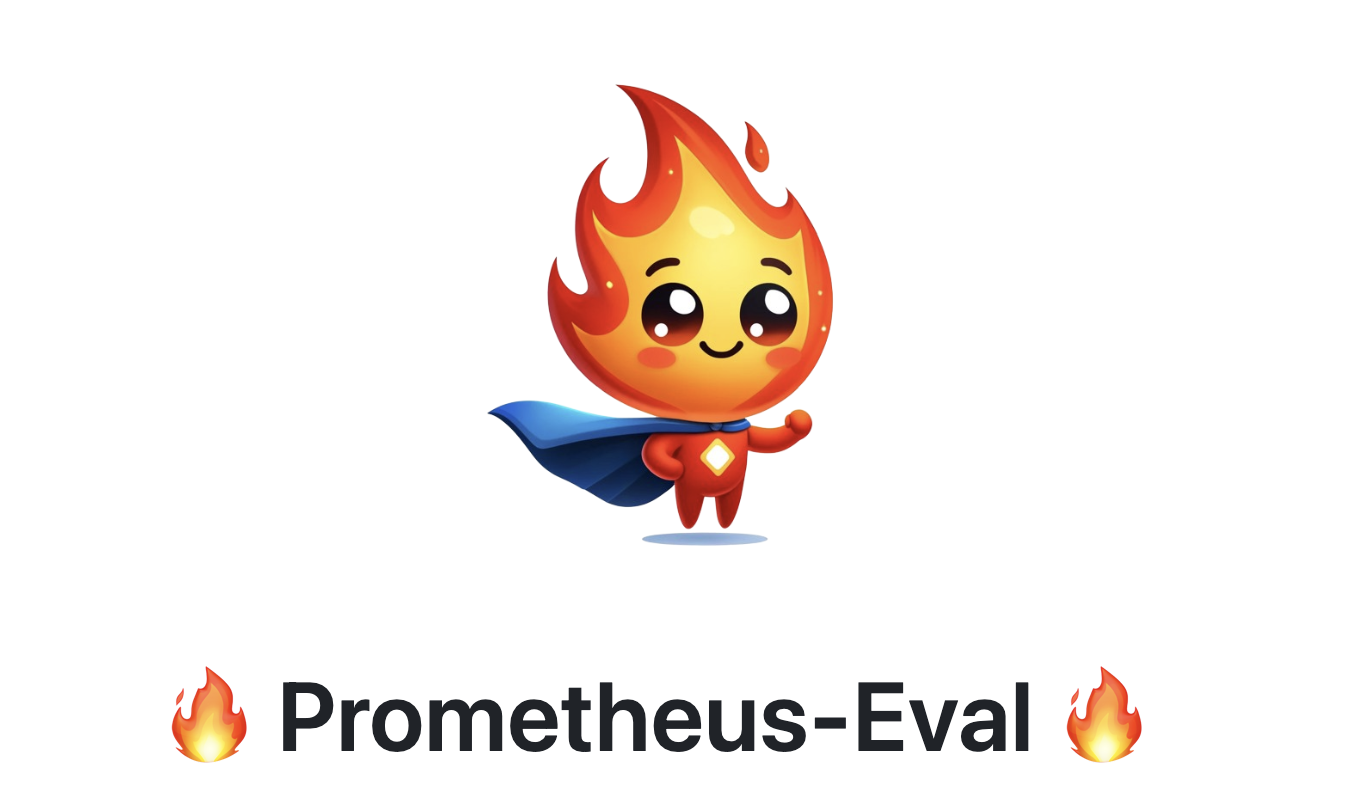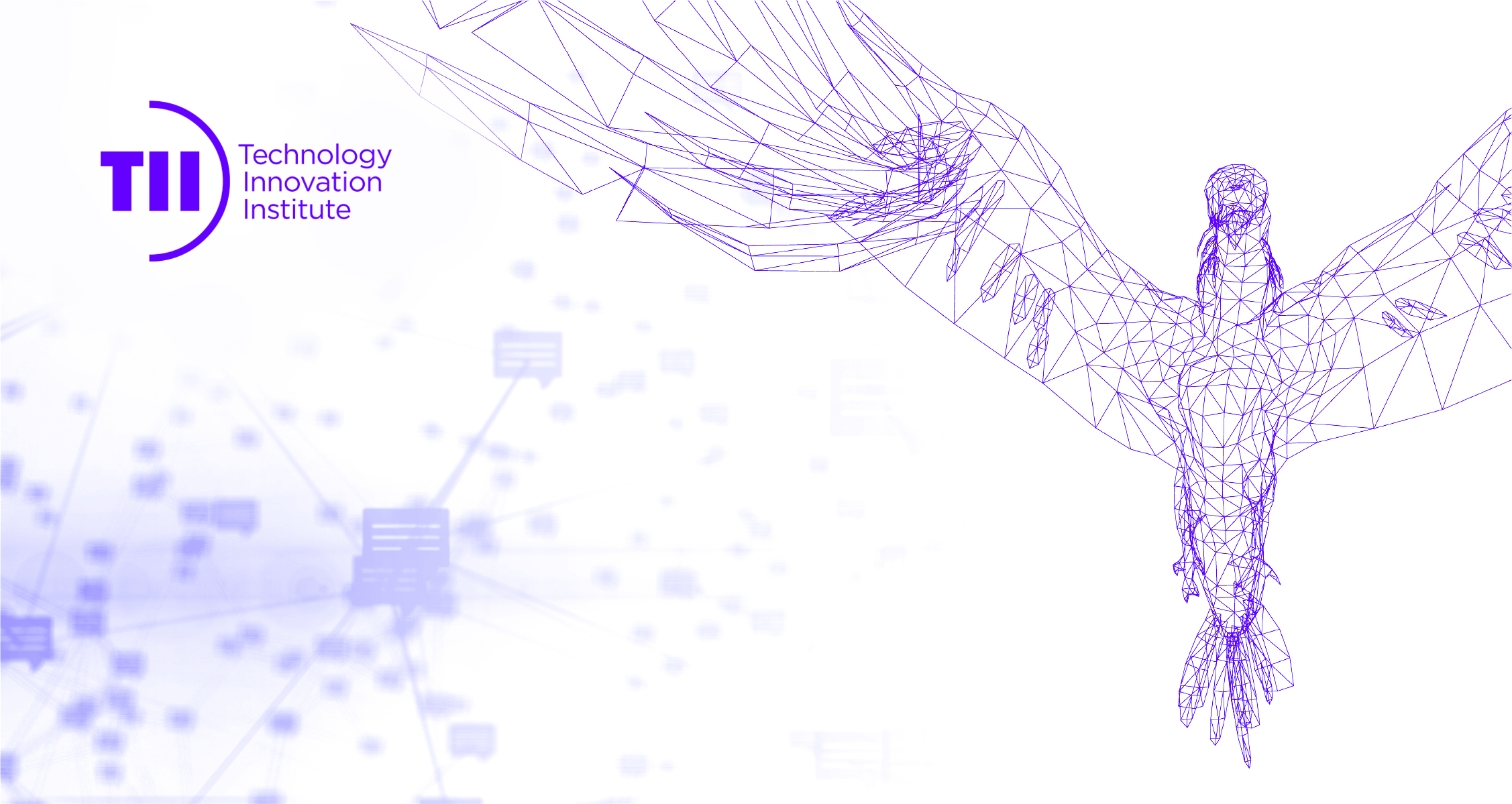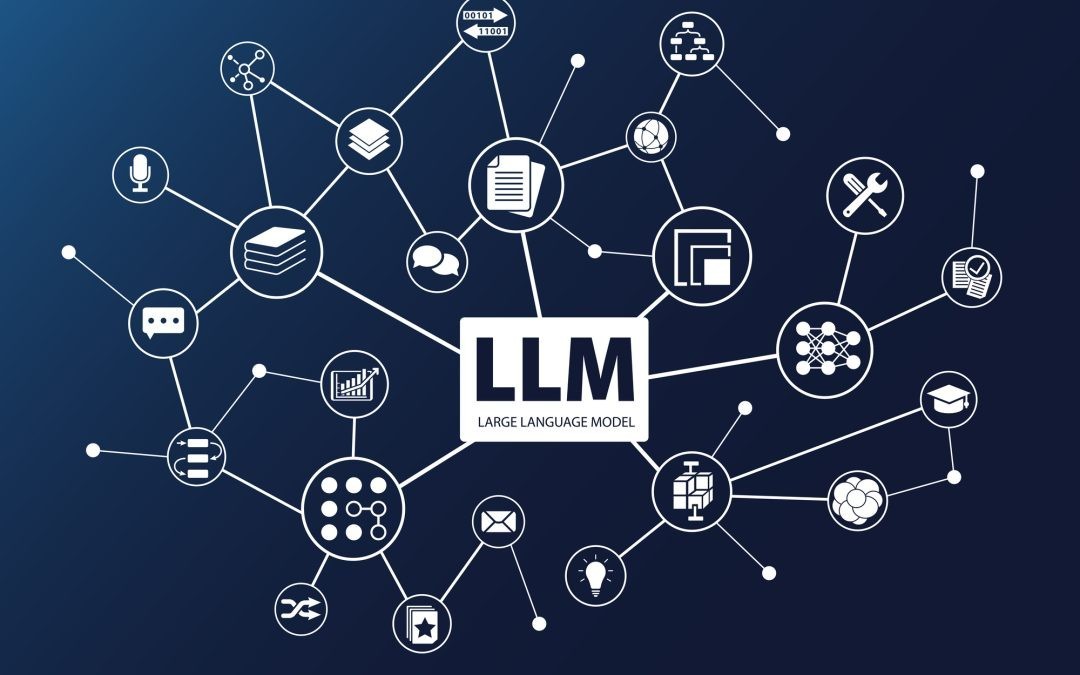Revolutionizing Software Development: Introducing AgileCoder
Imagine a world where software development is as smooth as a well-oiled machine. Where complex projects are tackled with ease, and collaboration is seamless. Welcome to AgileCoder, a revolutionary new framework that’s changing the game, from a team of researchers at the FPT Software AI Center.
The Problem with Traditional Code Generation
Large Language Models (CodeLLMs) have made tremendous strides in generating code, but they often struggle with the intricacies of real-world software development. Recent attempts, like ChatDev and MetaGPT, have introduced multi-agent frameworks, but they oversimplify the complex nature of software development. AgileCoder is different. It’s built on the principles of Agile Methodology, a widely used approach in professional software development teams.

Meet AgileCoder: The Ultimate Software Development Framework
AgileCoder is a novel framework that mimics the real-world software development process. It’s built on a key concept of Agile: software continually evolves over time, and development should be structured in the form of sprints (phases). Our framework consists of multiple agents playing distinct roles: a Project Manager, a Scrum Master, a Developer, a Senior Developer, and a Tester. These agents work collaboratively across sprints to achieve user tasks in accordance with the Agile methodology.
Dynamic Code Graph Generator
A key innovation in AgileCoder is the Dynamic Code Graph Generator, which creates a Code Dependency Graph (CDG) that models relationships among code files and updates with source code changes. This CDG plays a crucial role in writing rational testing plans and enabling efficient code retrieval. It’s a game-changer for software development.
Evaluation and Results
Comprehensive evaluations on benchmarks like HumanEval, MBPP, and ProjectDev demonstrate AgileCoder’s superior performance. On HumanEval and MBPP, AgileCoder significantly outperforms CodeLLMs and state-of-the-art multi-agent frameworks like ChatDev and MetaGPT. To assess performance on more complex requirements, the team crafted a dataset named ProjectDev, containing requirements from real-world software projects. Evaluation results show that AgileCoder is more effective than other baselines in generating software from such complex requirements.
Conclusion
AgileCoder is a novel multi-agent software development framework inspired by Agile methodology. Its key innovation, the Dynamic Code Graph Generator, creates a Code Dependency Graph that captures evolving code relationships for designing testing plans and enabling efficient code retrieval. By following Agile methodology, AgileCoder better mirrors real software development workflows and supports dynamic adaptability and iterative development. Extensive evaluations showcase AgileCoder’s superiority over existing methods, making it a promising approach for complex software development tasks using CodeLLMs.
